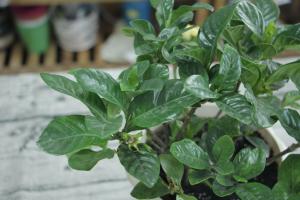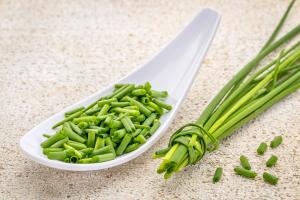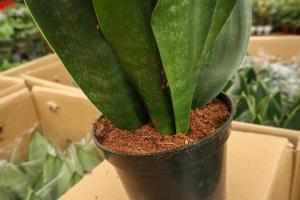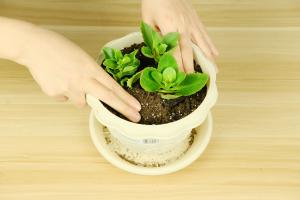Why Growing Peanuts Could Be a Fun and Easy Project: Can You Plant a Peanut?
Have you ever thought about growing your own peanuts? Many people assume that farming peanuts is an arduous and time-consuming task, but the truth is quite the opposite. For those who love working with plants and want to try something new, planting peanuts can be a fun and easy project.
The Benefits of Growing Your Own Peanuts
First, growing your own peanuts can be very rewarding. You get to control the quality of the soil, choose the seeds, and watch the growth process from beginning to end. Plus, when you harvest your peanuts, you can be sure that they are free from chemicals and pesticides.
Additionally, growing peanuts can be a great way to teach children about plant life cycles and where certain foods come from. It can also be a fun activity to do with friends or family members.
How to Plant Peanuts
Before you start planting, it's important to understand that peanuts grow best in warm temperatures and sandy soil. Make sure to choose a spot in your garden that gets plenty of sun and has good drainage.
To begin, you will need to purchase peanut seeds online or at a garden center. After preparing the soil by loosening it up and removing any rocks or debris, place one seed in each hole about an inch deep and six inches apart.
You will need to water the seeds regularly, making sure not to overdo it. In about two weeks, you should see sprouts start to emerge.
Caring for Your Peanuts
Once your peanuts have started to grow, they will need minimal care. Keep the soil moist but not too wet, and make sure to weed around the plants to prevent competition for nutrients.
Peanuts will also benefit from a bit of fertilizer halfway through the growing season. A general-purpose fertilizer can be used, or you can mix in some nitrogen-rich compost.
Harvesting Your Peanuts
Peanuts are typically ready to be harvested in the fall, around 120-150 days after planting. When the leaves on the plant have turned yellow and the vines have started to dry up, it's time to dig up the peanuts.
Gently loosen the soil around the plants and pull up the entire plant. Shake off any loose soil and leave the plant to dry in the sun for a few days.
After the plants are dry, you can remove the peanuts from the vines and continue to dry them in a well-ventilated area for a few more weeks. Once the peanuts are fully dry, you can store them in an airtight container for up to six months.
Conclusion
In conclusion, the answer to the question "Can you plant a peanut?" is a resounding yes. Growing peanuts can be a fun and easy project that yields delicious and healthy results. If you have the time and space in your garden, why not give it a try?

 how many times do yo...
how many times do yo... how many planted tre...
how many planted tre... how many pine trees ...
how many pine trees ... how many pecan trees...
how many pecan trees... how many plants comp...
how many plants comp... how many plants can ...
how many plants can ... how many plants and ...
how many plants and ... how many pepper plan...
how many pepper plan...
































